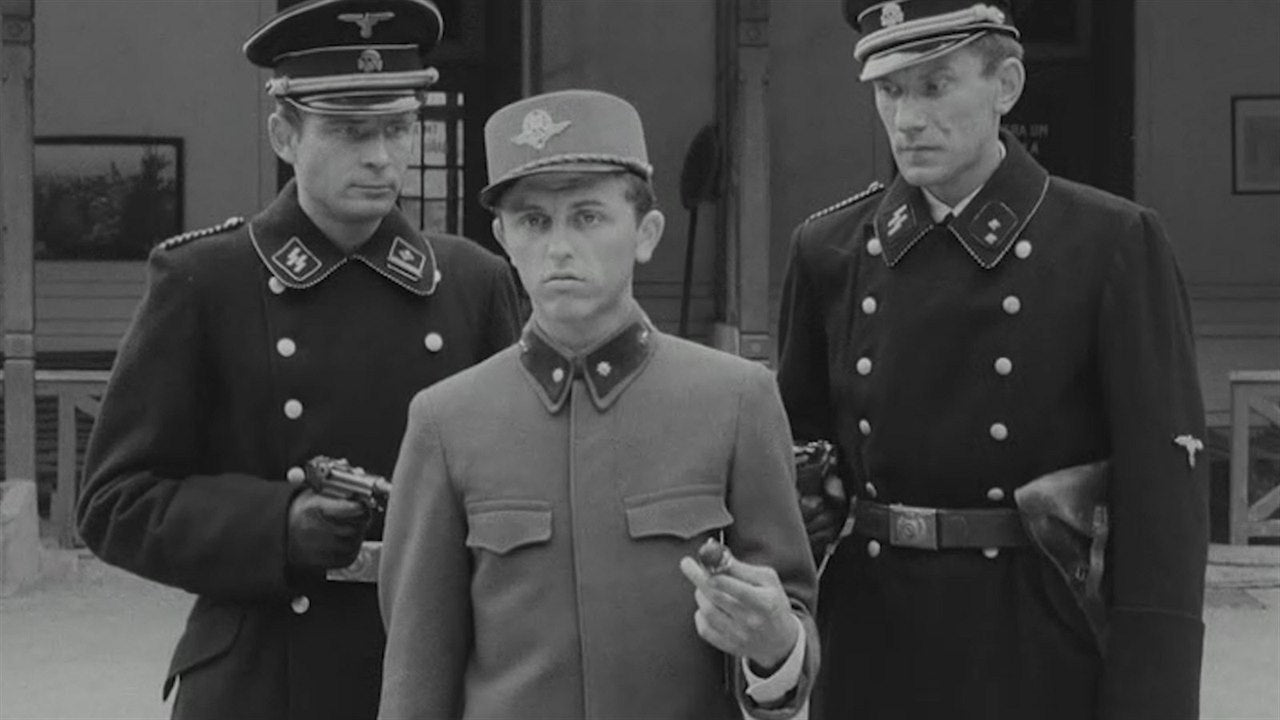Closely Watched Trains is not merely a film. It's a tapestry of nuanced storytelling, underpinned by the confluence of director Jiří Menzel's cinematic vision and Bohumil Hrabal's lyrical prose. Released in 1966, this debut feature from Menzel is a testament to the undeniable allure Hrabal held among the younger generation of artists in Czechoslovakia.
Drawing from Hrabal's novel of the same name, the film masterfully weaves a tapestry that combines an unsentimental portrayal of wartime occupation with the intimate troubles of its protagonists. All set against the backdrop of a small rural railway station, it uses humor – both tender and harsh – to tell the coming-of-age story of a young railway apprentice named Miloš Hrma.
Menzel's narrative differs from the original poetic essence of Hrabal's book. While Hrabal often utilized complex, lengthy sentences and an almost 'automatic' associative flow, Menzel breaks this structure. His characters speak in a more colloquial manner, yet the eccentric, sometimes bizarre traits inherent in Hrabal's creations are retained. For instance, Hubička, the womanizing station master, the peculiar station head who secretly indulges in hedonistic pleasures, and the railway inspector enthralled by the Nazi ideology, are all testament to Hrabal's signature style of "character sculpting."
But Menzel's true brilliance shines in his ability to infuse the film with a dramatic arc. There's a stark contrast between Miloš's initial timidity, especially in the realm of romance, culminating in a suicide attempt, and his ultimate act of resistance against the oppressors. The culmination sees both these narrative threads intersect in a riveting climax. 
Behind the scenes, the filming was not without its challenges. Notably, actress Květa Fialová suffered a concussion after being thrown off a horse during filming. Later, as political tides shifted, the new administration at Barrandov Studios wanted Menzel to publicly renounce his Oscar for the film. They hoped this would signify his remorse for creating such a subversive piece. Instead, Menzel's repentance took the form of another film, the propaganda piece "Kdo hledá zlaté dno" in 1974. 
One film critic, Jan Kliment, even expressed outrage at Menzel's commentary about the film, stating it was set during a time "when trains still ran on time and railwaymen wore clean uniforms." 
In its essence, Closely Watched Trains is more than a film about the war. It's a deep exploration of adolescence, societal norms, and resistance. Elevated by its Oscar win, it's a film that stands as a testament to the world about the artistry and resilience of Czech cinema.














